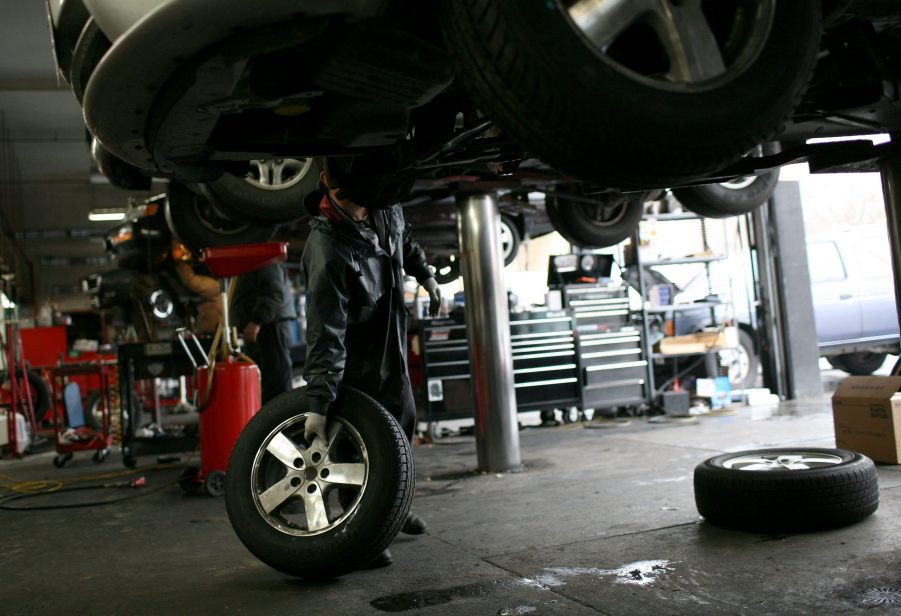
5 Important Car Maintenance Tips For a Post-Pandemic Road Trip
While road travel was reduced in 2020 as compared to 2019, road trips will more than likely increase over the course of 2021 as the pandemic slows down and vaccines are rolled out over time. However, since many Americans have had to work from home over the past year, many cars have sat in garages or in parking spaces unused for long periods of time, which can lead to issues like flat spots on tires or old fluids in the fuel lines and engine.
As such, maintaining your unused car before going on a road trip is imperative, and we had a chance to interview Richard Counihan, the CEO of DigniFi, to discuss the five most important car maintenance tips for a post-pandemic road trip.
Wear and tear items
Since the pandemic has caused many people nationwide to drive fewer miles, Counihan believes that the first, and most important, parts to pay attention to when getting your car road-ready are the wear and tear items.
“Repair items like tires, brakes, and sensors are important to fix,” Counihan said. And he’s not wrong, considering many routine maintenance repairs are often overlooked on a regular basis and even the smallest repair can lead to bigger issues down the road.

Deferred maintenance
The second important tip that’s often overlooked is the notion of “deferred maintenance.” This is when you take your car to a shop for repairs and the mechanic comes back with three items to repair (an oil change, transmission fluid flush, and a broken CV boot, for example), but since you can only afford one of them, that’s what ends up getting fixed.
“For 3 that’s gets recommended, we only spend $1,“ Counihan said. “That’s why Dignifi was created, to allow people to do all of the things that they need on a vehicle.” While we all know that it’s important to get all of the maintenance repairs done on our cars, we typically can’t afford them.
In those cases, companies like DignFi, which offers easy financing for large car repairs, can give you the financial aid you need to get your car back on the road in complete working order.

Hard mechanical failures
The next repair item that’s important to pay attention to is hard mechanical failures. While simple maintenance items are important when it comes to refreshing the way your car operates before a long road trip, larger mechanical failures can keep your car grounded. If your car is having issues starting, then the issue could be something greater than a dead battery – like a bad starter, for example – and you should look into getting it fixed right away.
Manufacturer recalls
After you’re done addressing the routine and larger maintenance items on your car, then it’s also important to make sure that any recalls issued for your car are taken care of. “If you’re going to get your car checked out, it’s easy to get the dealer to check on any recalls for your car,” Counihan said. “Recall repairs are free to the consumer and some of them can be significant.”

Accessories and features
Lastly, Counihan believes that if you’re going on a road trip, then it’s important to get any accessories or features that could make your trip a lot easier and even more convenient. This means looking into storage boxes or roof racks to store a bicycle or your other personal belongings, which could make your road trip much more pleasant in the end.



